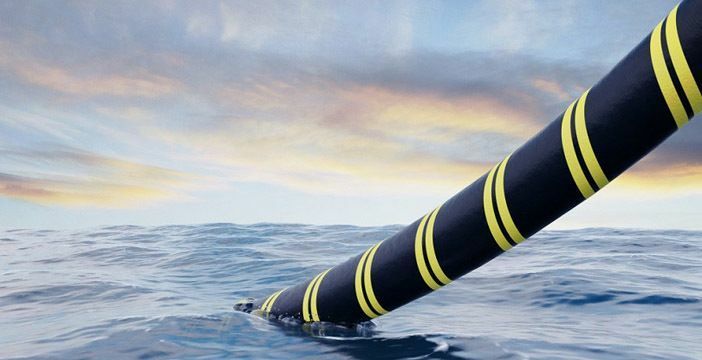The Tunisia-Europe undersea cable project, which would link the electrical grids of Tunisia and Europe, has received approval for $268.4m in finance from the World Bank Group‘s board of directors. Additionally, it will assist the trade in renewable energy. Which is crucial to Tunisia’s plan for climate change and sustainable development.
The initiative will strengthen the World Bank’s long-standing collaboration with the tunisian government in the energy sector, according to Alexandre Arrobbio, the country’s World Bank manager.
Furthermore, Italy’s Terna and Tunisia’s Steg are working together to build the 600 megawatt Tunisia-Europe undersea cable project. Which will connect Capo Bon with Sicily. It is anticipated to be completed in 2028. The project, which is the first pillar of the relationship between Tunisia and the World Bank, marks a turning point. For the country’s energy industry and opens the door for other energy-related investments and projects in the future. Additionally, the national energy policy for 2035, which intends to boost the share of electricity generation from renewable energies to 35 percent, is supported by the World Bank, according to Alexandre Arrobio.
Also Read: Morocco to construct US $800m undersea electricity cable
The financing for the Tunisia-Europe undersea cable project set to position Tunisia as a training hub for renewable energy projects
The World Bank Group’s technical assistance will involve aiding in the establishment of a center of excellence for renewable energy. To position Tunisia as a training hub for renewable energy projects in North Africa.
The Italian government, the European Union, the European Investment Bank, the German Development Bank KfW, and the Europian Bank for Reconstruction and Development all support the initiative. Furthermore, $25 million in concessional financing from the Green Climate Fund was also used to support the activities. For the reduction of greenhouse gas emissions from sustainable renewable energy sources.
The energy sector in Tunisia is characterized by an excessive reliance on imported hydrocarbons. As well as strong demand growth, and a lack of available domestic resources. This was stated in the World Bank’s appraisal report for the proposal to build the Tunisia-Europe undersea cable project.

Leave a Reply